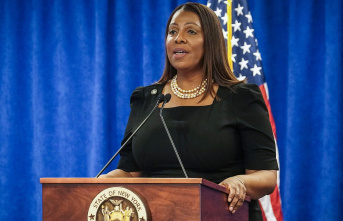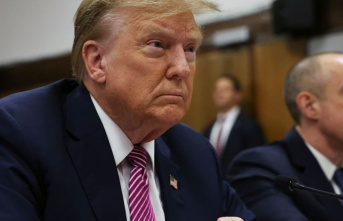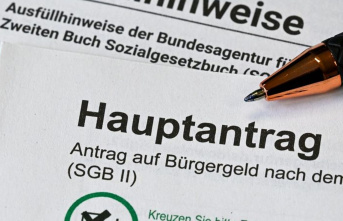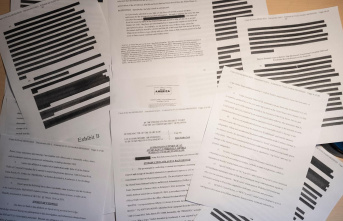When the US federal police searched Donald Trump's Florida residence on August 8, the agents not only seized boxes of classified documents, they also took several of the former US President's passports. "Wow! During the FBI raid on Mar-a-Lago, they stole my three passports (one expired) along with everything else," the Republican later fumed on Truth Social, a platform he co-founded.
Trump has long since had his identity papers back. After reviewing the materials seized in Palm Beach, an internal Department of Justice filter team returned items that do not need to be kept for law enforcement purposes, including passports, in accordance with search and seizure procedures.
But even if Trump now has his "stolen" passports again, they could still pose a threat to the 76-year-old. A court document filed on Tuesday, in which the Justice Department detailed reasons for the Mar-a-Lago raid, said that "the government seized the contents of a desk drawer containing classified documents and government records shared with others documents were mixed up".
The ministry further writes: "The other documents were two official passports, one of which had expired, and a personal passport, which had also expired. The location of the passports is relevant evidence in an investigation into unauthorized storage and the mishandling of national defense information; nevertheless, the government, at its discretion, decided to return these passports."
Legal experts on NBC News explained why the Justice Department considers the passports to be "relevant evidence": "Most searches will look for identification documents to link a suspect to the evidence sought — photos, ID cards, utility bills University of Michigan Law School Professor Barbara McQuade told the broadcaster. "If you find the contraband in the same room as the ID documents, it suggests that the person had dominion and control over the documents."
According to the Justice Department, the drawer containing the classified documents and passports was located in Trump's "Office 45" in Mar-a-Lago. "The fact that the passports were found side by side with the classified documents suggests that he was the one handling them," McQuade said. It also makes it difficult for Trump to argue that movers or helpers mishandled the classified documents or that he was unaware of their existence. "That's pretty damning evidence."
NBC News legal expert Glenn Kirschner agreed with McQuade: "The two things that we always take with us when executing search warrants are evidence of a crime and evidence of property or property information," the former US attorney said. "If there are utility bills at the scene, seize the bills. Not because they are evidence of a crime, but because they are evidence of possession and property."
Trump's lawyers argued in court that by returning his passports, investigators admitted they were "unlawfully confiscated." However, in its court documents filed Tuesday, the Justice Department noted that the court's search warrant specifically permitted FBI agents to take items mixed with "documents bearing classification marks."
According to McQuade and Kirschner, there was most likely no reason for the government to keep the passports, which investigators safely photographed and copied before returning them to Trump's attorneys. "You just have to be able to document that the passport was found next to the contraband," Kirschner said. And McQuade added that investigators returned the passports "because they got what they needed."
Sources: Courtlistener.com, NBC News, "The Daily Beast",












